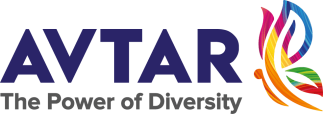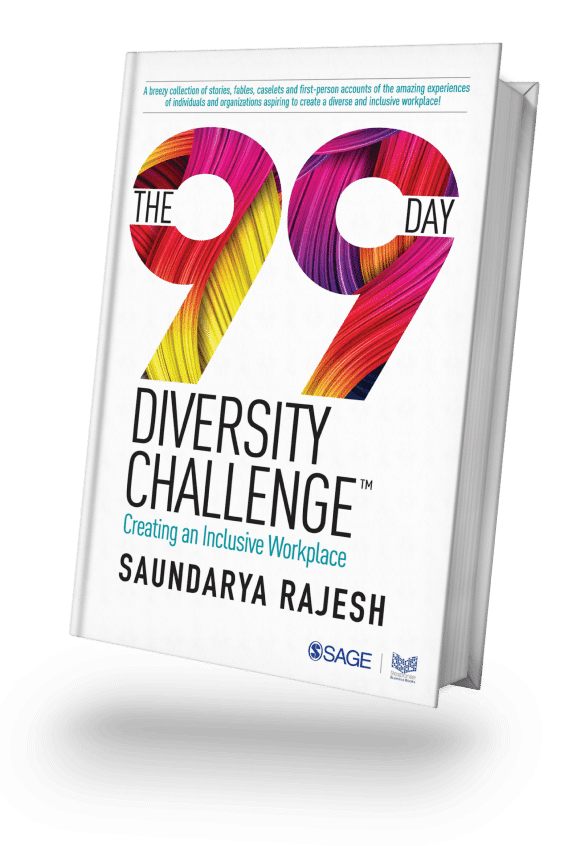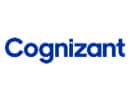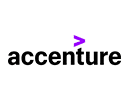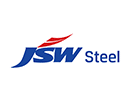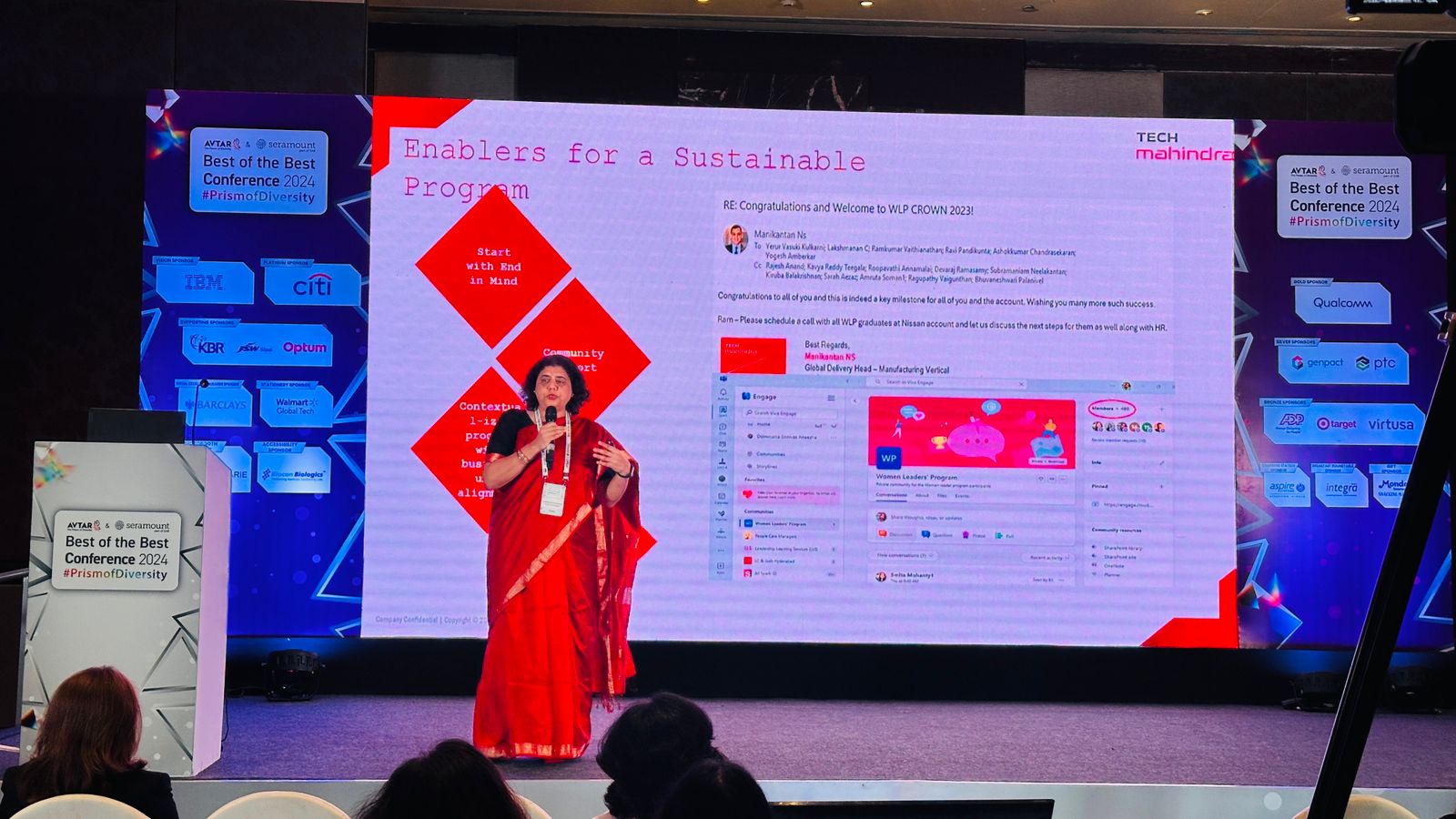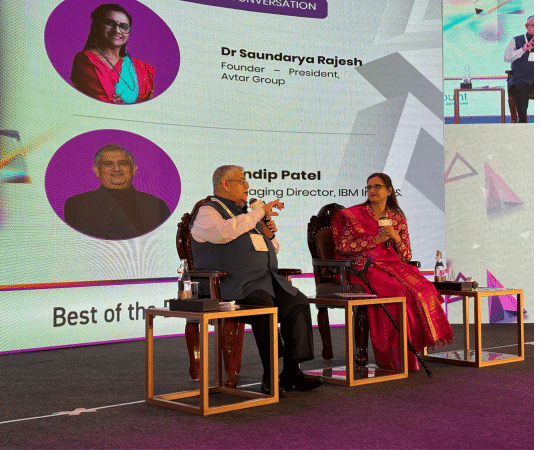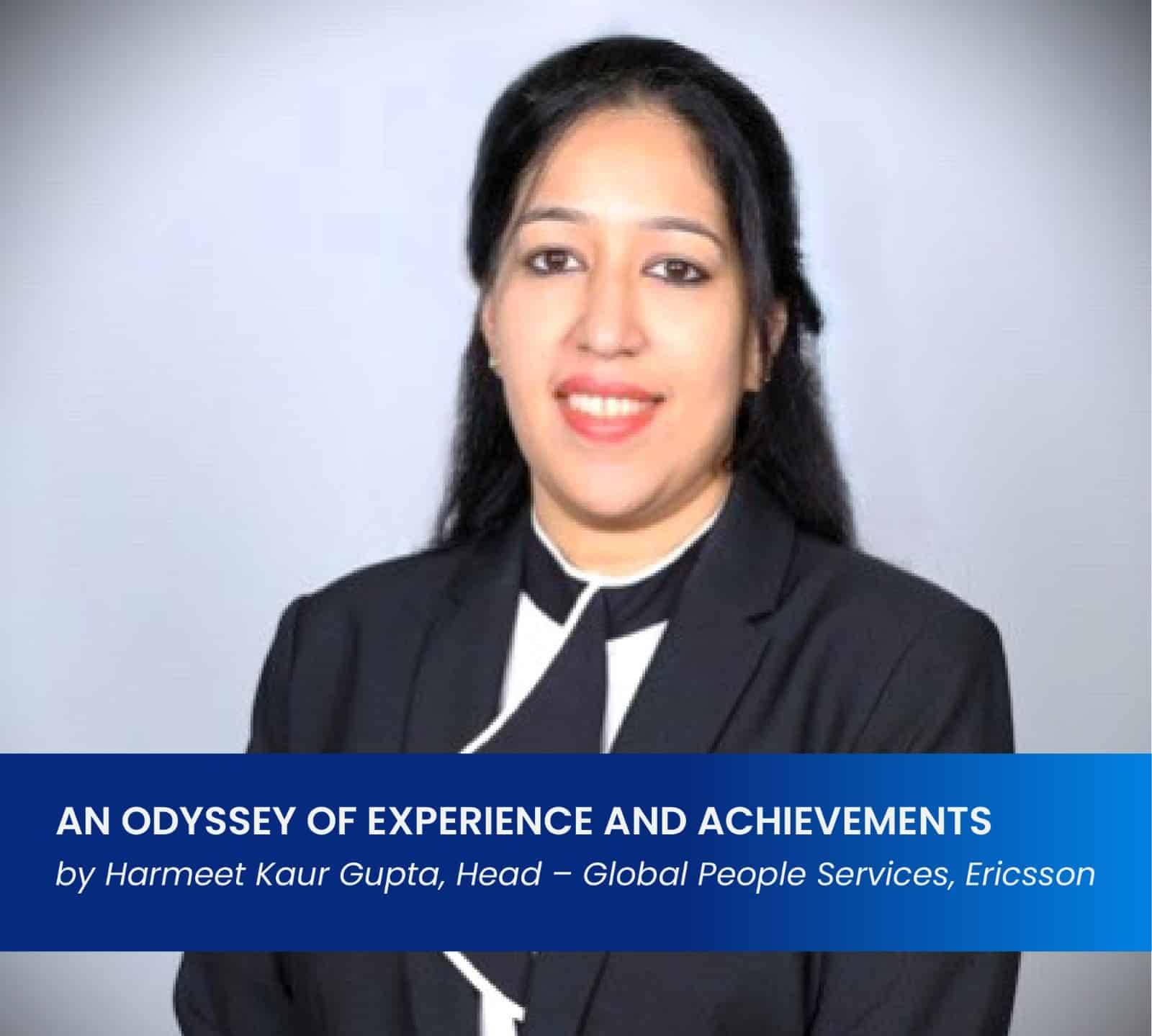The recently-concluded ‘Best of the Best‘, a yearly conference by Avtar and Seramount, took a deep dive into several aspects of diversity, equity, and inclusion. From DEI practitioners to SMEs, HR leaders, CEOs, and CHROs, the plenary and breakout sessions discussed the best practices by organizations across industry realms.
At the 6th edition of the ‘Best of the Best’, Subha Barry, President, Seramount (Part of EAB), discussed the ‘Best Practices on Inclusion from around the Globe’. She said that if there was one thing that companies should do right, it would be building accountability for creating an inclusive culture that drove career growth opportunities for women and underrepresented groups at every manager level.
She added, “Go beyond your organizations and workplaces impacting the ecosystem comprising suppliers, community, vendors, and even the environment.”
Stressing that accountability was equal to results, she said, “Be transparent about your efforts. There is no accountability without transparency. That’s why lists like the Best Companies for Women in India and Most Inclusive Companies Index matter.”
Noting that there was global attention for DEI, she said it was not a US-based or India-based-topic but a global one.
Talking about the 2022 Global index in its third year, Subha informed that it had expanded to include 16 countries—India being one of them.
Some of the highlights of the Global Index are:
- Women make up 27% of the global inclusion index companies—of those, 14% are corporate executives.
- 89% of these companies in India have mentoring programs and 45% of those participants are women.
- 67% have formal sponsorship, and 68% of the sponsee and protégés are women.
- 89% of the companies set percentage goals, and 67% reward/ compensate managers for accomplishing them.
Discussing why stakeholder capitalism was important, she stressed the need for companies to focus on diversity and inclusion:
“Today, the talent pool wants to work with organizations showing genuine interest in their health and wellness. 71% of professionals are willing to take a pay cut for working with companies with whom their values align,” she added.
She added that millennials and gen Zs will comprise 70% of the global workforce by 2029:
- Gen Zs look at purpose more than salary
- 49% of them are willing to take a 20 percent pay cut for working with a purpose-driven company
She observed that the theme of this year’s conference, #BusinessisGood, was a common theme and focused on how organizations reached out to all their stakeholders—customers, employees, communities, and employees.
Subha discussed some best practices by companies as part of CSR and ESG:
McDonald’s sees suppliers as critical partners in furthering ESG. To create long-term systemic change, they are asking them to sign a DEI pledge which covers the workplace, marketplace, and communities.
KPMG has included talent as part of ESG, and as part of their Accelerate 2025 plan, they have committed to 50% partners and MDs from underrepresented groups.
Metrics are key
Subha said that companies were coming together to establish globally-recognized metrics for tracking progress inside and outside.
Discussing disability inclusion, she said that in the US, there was an increasing focus on neurodiverse talent—autism, dyslexia, dyspraxia, ADD, and ADHD. “With an increasing number of Gen Zs being diagnosed neuro-diverse, our 100 best companies are looking for ways to recruit and include them for their unique abilities as superpowers,” she said.
